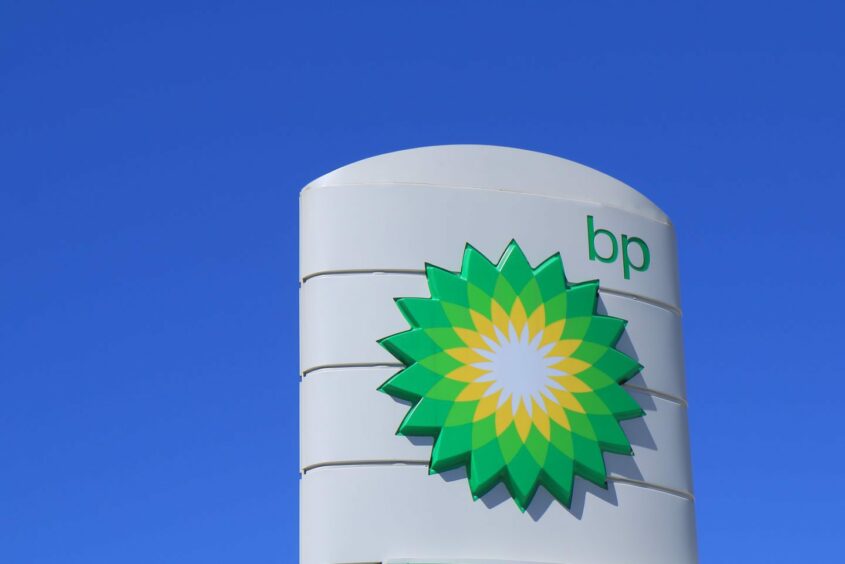
Indonesia’s upstream regulator SKK Migas has reported that the BP-led Tangguh Train 3 liquefied natural gas (LNG) project in Indonesia’s West Papua province is on schedule to start-up in March 2023.
“The Tangguh LNG Train III has already entered the commissioning stage. Testing of each equipment is being carried out. The construction progress of the Tangguh LNG Train III has reached 98%, while the remaining 2% is in the commissioning stage,” Dwi Soetjipto, chairman of SKK Migas, told Indonesia’s parliament last week.
He added that BP’s third liquefaction export train is on track to start-up in March next year.
Last December, SKK Migas reported that the start-up of BP’s (LON:BP) Tangguh liquefied natural gas (LNG) Train 3 project had been delayed again due to the pandemic. As a result it was expected to start up at the end of 2022.
Before the December announcement, SKK Migas had expected Train 3 at the LNG project to start-up in 2Q 2022. Construction at the project has been significantly delayed by the COVID-19 pandemic in Indonesia. Completion of the project was previously targeted for the third quarter of 2021, which already marked a delay by one year from its planned start-up after natural disasters had disrupted logistics.
When Train 3, initially expected to cost $8 billion before any delays, eventually comes online, the total capacity at Tangguh will be 11.4 million tonnes per year. While LNG from Train 1 and Train 2 is mostly for export, 75% of LNG from Train 3 would be supplied to state utility PLN and the remaining 25% for export to Japan’s Kansai Electric Power Company.
CCUS and Ubadari at Tangguh LNG
In August 2021, BP and its Tangguh LNG partners confirmed that SKK Migas has approved the plan of development (POD) for a key carbon capture utilisation and storage (CCUS) project at the Tangguh LNG export complex.
BP is currently in the process of pre-qualifying contractors for a tender covering the engineering, procurement, construction, and installation of offshore gas processing facilities and other infrastructure as part of the next phase of development at Tangguh. This forms part of its integrated plan to develop the Ubadari gas field.
The new development is estimated to enable a potential additional recovery of 1.3 trillion cubic feet (Tcf) of gas, from both the Ubadari field and the Vorwata carbon capture utilisation and storage (CCUS) project, BP said in a statement in August 2021. FEED work was planned to begin in mid-2022 and start-up is targeted in 2026.
BP’s Ubadari field development is being fast-tracked as a result of a successful appraisal programme and is planned to be produced via installations connected by offshore pipeline to the Tangguh LNG facilities.
The Vorwata CCUS development will see about 25 million tonnes of carbon dioxide (CO2) injected back into the Vorwata reservoir to reduce venting of the majority of produced CO2 and provide incremental gas production through enhanced gas recovery (EGR).
BP, as the operator of Tangguh LNG, works under a production sharing contract (PSC) that is supervised by SKK Migas, as the representative of the government. Tangguh is currently the largest gas producing field in the country with 1.4 billion cubic feet (Bcf) per day of gas production through two LNG trains and will reach 2.1 Bcf per day once Train 3, currently under construction, is online. Tangguh expansion project including the construction of Train 3 has been declared a National Strategic Project by the Government of Indonesia.
